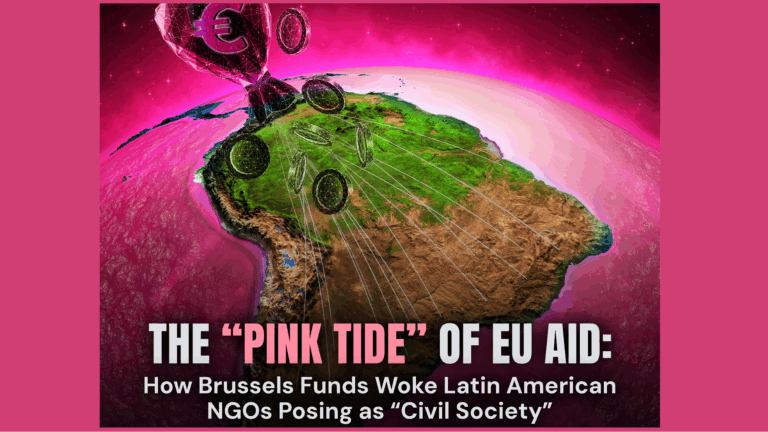The government’s decision to create an anti-corruption authority and task force was published late Monday night in The Hungarian Gazette.
New Tools to Fight Corruption
According to the government resolution, a separate agency will be established to ‘avoid, detect, and address illegalities and anomalies’ in the administration of EU funding. The move is largely viewed as an overture of conciliation towards the EU, with the Hungarian administration expecting that the new institutions will address the Commission’s concerns and would facilitate the release of the withheld EU funds of thousands of billions of forints.
In cases where competent authorities ‘have not taken the necessary steps to prevent, detect and correct fraud, conflict of interest, corruption and other irregularities or infringements which could harm the sound financial management of the EU budget or the protection of the financial interests of the Union, in particular in cases of EU financial assistance in the framework of public procurement procedures,’ the new anti-corruption authority will be able to step in and take action. The authority will be established by the government prior to 21 November 2022. Additionally, a new Anti-Corruption Task Force will be set up by 1 December. It will be supported administratively by the anti-corruption authority, and it will ‘include an equal number of governmental and non-governmental actors in terms of numbers and voting rights.’
But in fact, the Orbán governments have been working towards creating a more EU-compatible legislative framework in order to combat corruption for years now. Nearly ten years ago, in 2013, the Hungarian parliament passed a law commonly referred to as ‘the ‘Whistleblower Act.’ The law, officially called Law CLXV of 2013 on Complaints and Public Disclosures, regulates the receiving and investigating of reports of wrongdoing, protection against retaliation, and the registration of reports, among other things.
Public Procurement Transparency to be Enhanced
This time the government went further. The Monday gazette also included a resolution to promote transparency in public procurement. According to the text of the resolution, the government is dedicated to increasing the general effectiveness, transparency, and economic effectiveness of public procurements from EU and domestic sources, to lowering the number of single-bid public procurement procedures and to raising the level of competition, as well as to promoting the involvement of micro-, small-, and medium-sized enterprises in public procurement procedures.
Minister of regional development and utilisation of EU funds Tibor Navracsics will be tasked with the development of a performance measurement framework in order to evaluate the effectiveness and efficiency of public procurements. The minister will also look into the benefits and drawbacks of single tender procedures, ‘including cases where the proportion of single-bid procedures exceeds the 15 per cent threshold.’ In addition, Navracsics will have to see to it that the performance assessment framework is run in conjunction with independent non-governmental organisations working in domestic public procurement as well as with public procurement specialists.
What to Expect?
Once the task force and authority are in place, the political left will have less ammunition to attack the government for its alleged lack of willingness to root out corruption. With an independent entity providing useful and verified information about cases of corruption, both the opposition and the government will be able to base their assessment of corruption levels on the basis of hard data, instead of perceptions and questionable ‘research’. But do not be deceived into thinking otherwise—the opposition and their international allies will dismiss the new institutions as not independent from the government, therefore untrustworthy. Hopefully, the European Commission will be easier to please.








